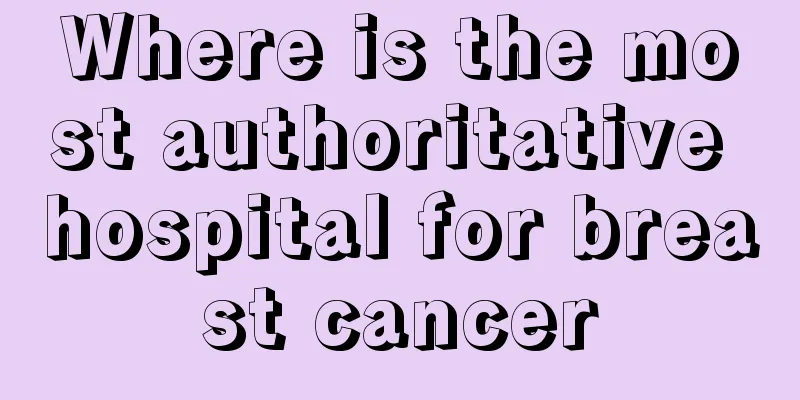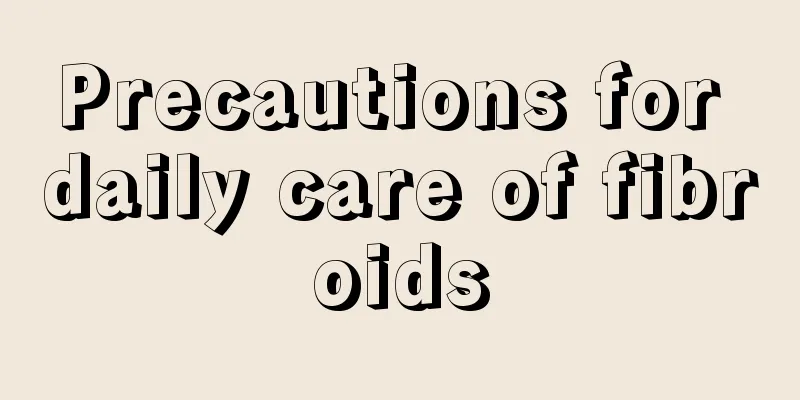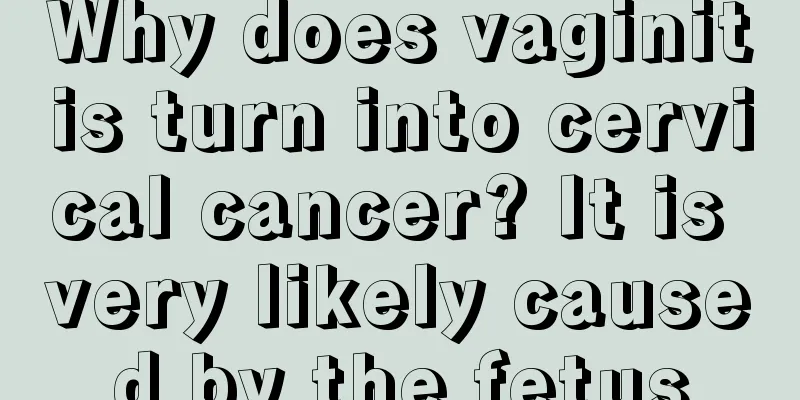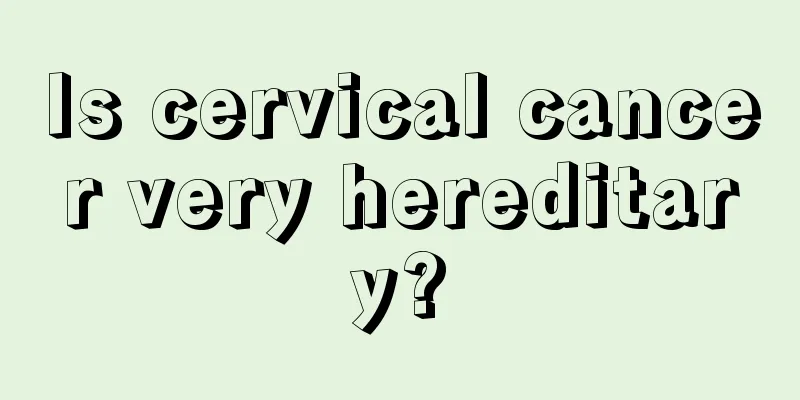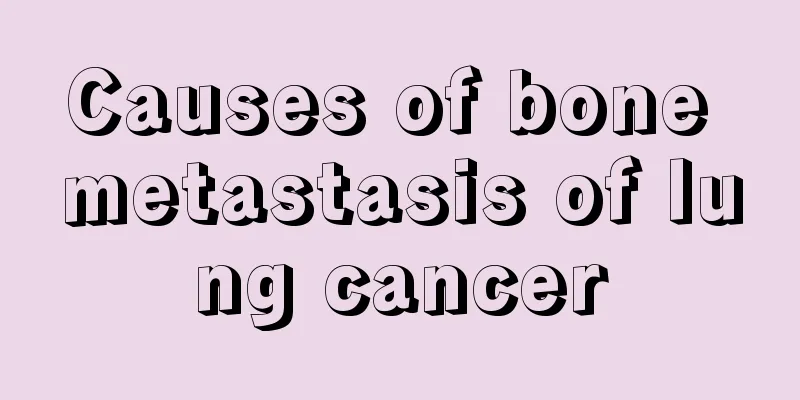Sequelae and complications of nasopharyngeal carcinoma

|
What are the sequelae and complications of nasopharyngeal carcinoma? There are many patients with nasopharyngeal carcinoma, and there are many patients with nasopharyngeal carcinoma around us. In fact, nasopharyngeal carcinoma is not a terminal illness. The terrible thing is that this disease can cause many complications. Therefore, patients must actively receive treatment and grasp the best treatment time to ensure the treatment effect of the disease. During the development of nasopharyngeal carcinoma, patients may show many symptoms, and the same is true during treatment. These symptoms include fatigue, dizziness, decreased appetite, nausea, vomiting, tastelessness or change in taste in the mouth, insomnia or drowsiness, etc. Some patients may experience changes in blood counts, especially leukopenia. Although the degree varies, it can generally be overcome through symptomatic treatment and radiotherapy can be completed. Temporomandibular joint dysfunction and soft tissue atrophy and fibrosis, radiation-induced caries, radiation-induced mandibular osteomyelitis, and radiation-induced encephalomyelopathy. If relevant complications occur, formal treatment measures should be taken in a timely manner. After radiotherapy, the mandibular temporal joint of the head and neck may be dysfunctional, and sometimes it may be difficult to open the mouth and the neck movement is limited. In order to prevent these complications, during radiotherapy, you should do some appropriate activities according to your physical condition, such as deep breathing, outdoor walking, slow rotation of the left and right hands in front and behind the neck, mouth opening exercises such as holding a small round plastic bottle or a smooth small log in the mouth, and massage the mandibular temporal joint. It can be seen that in the process of treating nasopharyngeal cancer patients, more symptoms will also appear. Coupled with the influence of drugs on patients, the harm of nasopharyngeal cancer is still relatively large. In response to this phenomenon, timely countermeasures should be taken to keep patients away from these complications. Nasopharyngeal cancer is a very harmful disease. We must learn more about this disease in our daily lives and not let our own neglect cause the onset and deterioration of the disease. A good attitude is the key to curing the disease. Patients should not ignore the harmfulness of the disease, but should also face the disease positively. |
<<: Prevention and treatment of nasopharyngeal carcinoma
>>: Can nasopharyngeal cancer be transmitted through sex?
Recommend
How to prevent prostate cancer through diet
Prostate cancer is a common tumor in men and one ...
What to do if you have colon cancer
The most common treatments for colon cancer are c...
What to eat before and after lung cancer surgery? Dietary precautions before and after lung cancer surgery
Nowadays, many people are afraid of cancer, espec...
Drugs for treating small cell lung cancer
What are the drugs for treating small cell lung c...
Can people with prostate cancer not exercise? What causes prostate cancer?
In life, almost every man has some prostate disea...
How to lose weight with hyperinsulinemia, five points to tell you
Hyperinsulinemia will cause the food eaten to be ...
Be careful of these taboos when it comes to the efficacy and effects of Ganpu tea
Ganpu tea has the effects of soothing the liver a...
What to do if you can't eat due to esophageal cancer? Use these four methods to treat it
Patients with esophageal cancer can solve the pro...
How to diagnose and treat liver cancer? Four diseases that are easily misdiagnosed as liver cancer
The increase in hepatitis B patients in recent ye...
How can liver cancer be transmitted in the late stage
Liver cancer is generally not contagious, but mos...
What are the prerequisites for unilateral resection of thyroid cancer
Thyroid cancer is a common endocrine tumor in cli...
Can I eat melon seeds after having a mole removed?
Many people like to eat melon seeds, and as a kin...
How to diagnose cervical cancer
The diagnosis method of cervical cancer is based ...
Ways to avoid carbon monoxide poisoning
As the weather gets colder, people living in the ...
When do you need to check for lung cancer when you have any discomfort?
Men over 40 years old who are long-term heavy smo...



